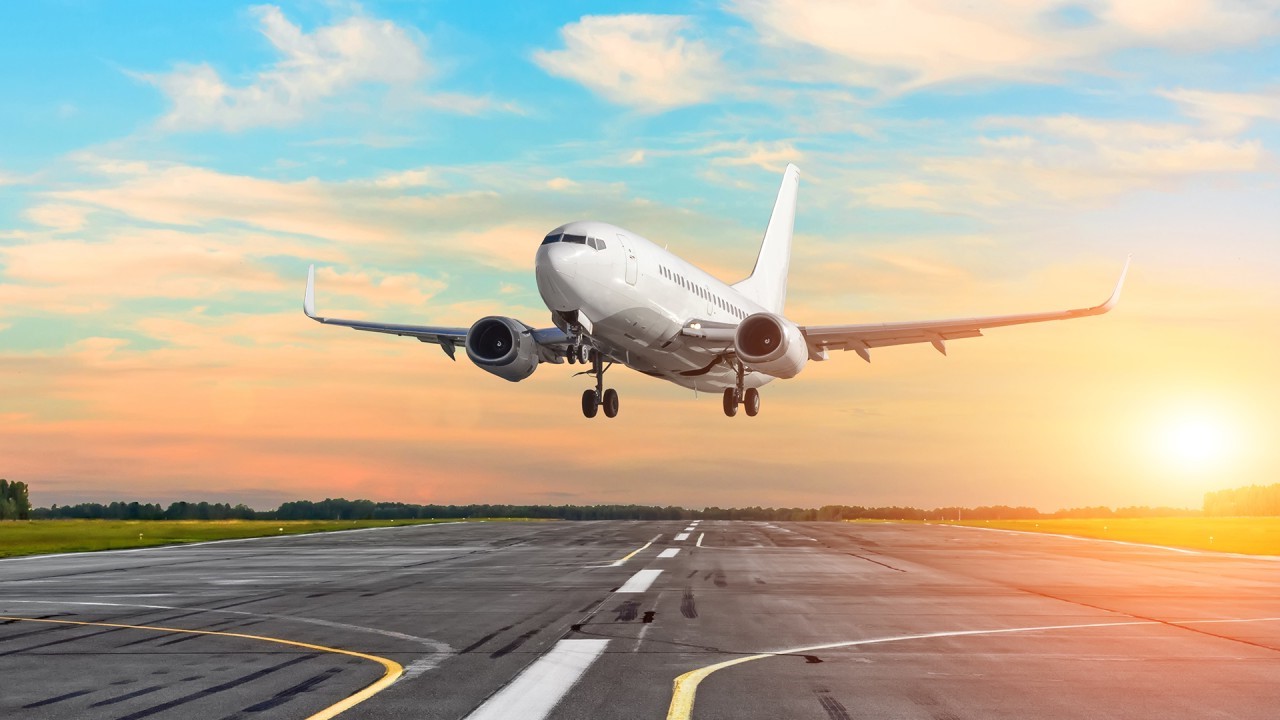
Air transport plays a crucial role in the global economy, connecting people, businesses, and cultures across vast distances. But what exactly is the economic impact of this industry? Air transport economic impact studies provide valuable insights into how aviation influences job creation, trade, tourism, and overall economic growth. These studies analyze various factors, including direct, indirect, and induced impacts, to offer a comprehensive view of the sector's contributions. Understanding these impacts helps policymakers, businesses, and the public make informed decisions about investments and regulations. In this blog post, we'll delve into 16 fascinating facts that highlight the significant economic benefits of air transport. Buckle up and get ready to soar through some eye-opening statistics and insights!
Key Takeaways:
- Air transport economic impact studies measure how aviation affects different sectors, helping governments make better policies to support the industry and boosting local economies through job creation and tourism growth.
- Air transport's global economic impact connects countries, benefits developing nations, and supports global supply chains, while technological advancements enhance efficiency and passenger experience, shaping the future of air transport.
Understanding Air Transport Economic Impact Studies
Air transport plays a crucial role in the global economy. Economic impact studies help us understand how aviation affects various sectors. Here are some fascinating facts about these studies.
-
Economic impact studies measure direct, indirect, and induced impacts. Direct impacts come from airport operations, indirect impacts from supply chains, and induced impacts from employees spending their wages.
-
They help policymakers make informed decisions. By understanding the economic benefits of air transport, governments can create better policies to support the industry.
-
Tourism heavily relies on air transport. Many tourists travel by air, making aviation essential for the tourism sector's growth.
The Role of Airports in Economic Impact Studies
Airports are more than just places where planes take off and land. They are economic hubs that generate significant revenue and employment.
-
Airports create jobs. From pilots to ground staff, airports provide employment to thousands of people.
-
They boost local economies. Airports attract businesses like hotels, restaurants, and retail stores, which contribute to the local economy.
-
Cargo transport is vital. Airports facilitate the movement of goods, supporting international trade and commerce.
Environmental Considerations in Economic Impact Studies
While air transport has many economic benefits, it also has environmental impacts that need to be considered.
-
Studies include environmental costs. Economic impact studies often account for the environmental costs of air transport, such as carbon emissions.
-
Sustainable aviation is a growing focus. The industry is investing in greener technologies to reduce its environmental footprint.
-
Noise pollution is a concern. Airports and airlines are working to minimize noise pollution through better aircraft design and flight paths.
The Global Perspective on Air Transport Economic Impact
Air transport's economic impact is not limited to one country; it has global implications.
-
International connectivity boosts economies. Air transport connects countries, facilitating trade, tourism, and cultural exchange.
-
Developing countries benefit from aviation. Improved air transport infrastructure can help developing nations grow their economies.
-
Global supply chains depend on air transport. Many industries rely on air freight to move goods quickly and efficiently.
Technological Advancements and Economic Impact
Technology plays a significant role in enhancing the economic impact of air transport.
-
Automation improves efficiency. Automated systems at airports streamline operations, reducing costs and increasing productivity.
-
Digitalization enhances passenger experience. Technologies like online check-in and mobile boarding passes make air travel more convenient.
-
Advanced aircraft design reduces costs. Modern aircraft are more fuel-efficient, reducing operational costs and environmental impact.
Future Trends in Air Transport Economic Impact Studies
The future of air transport looks promising, with several trends likely to shape its economic impact.
- Urban air mobility is on the rise. Innovations like flying taxis could revolutionize urban transport, creating new economic opportunities.
The Bigger Picture
Air transport economic impact studies highlight the significant role aviation plays in the global economy. They show how airports and airlines create jobs, boost tourism, and facilitate trade. These studies also reveal the environmental challenges and the need for sustainable practices. Understanding these impacts helps policymakers make informed decisions that balance economic growth with environmental responsibility.
Air transport is more than just moving people from point A to B. It's a vital part of the global economy, connecting markets and cultures. By examining the economic impact, we can appreciate the broader implications of aviation and work towards a more sustainable future.
Next time you board a plane, remember the complex web of economic activities supporting your journey. From job creation to global trade, air transport's impact is far-reaching and essential for modern life.
Frequently Asked Questions
Was this page helpful?
Our commitment to delivering trustworthy and engaging content is at the heart of what we do. Each fact on our site is contributed by real users like you, bringing a wealth of diverse insights and information. To ensure the highest standards of accuracy and reliability, our dedicated editors meticulously review each submission. This process guarantees that the facts we share are not only fascinating but also credible. Trust in our commitment to quality and authenticity as you explore and learn with us.


